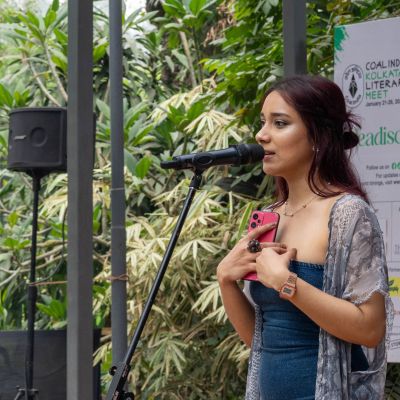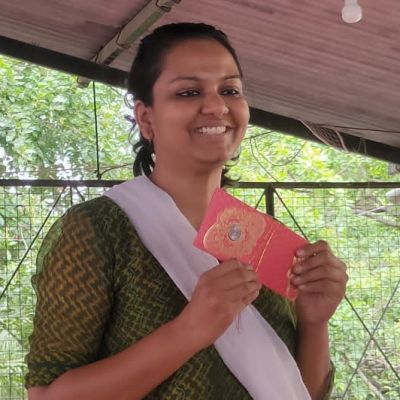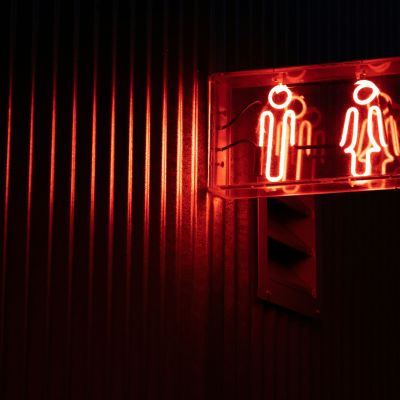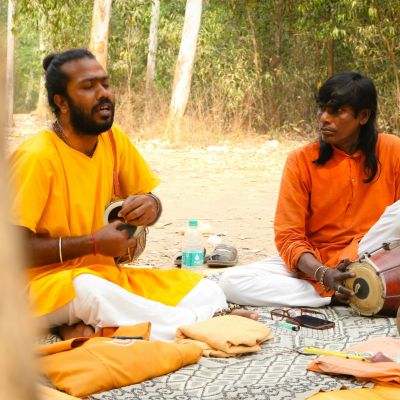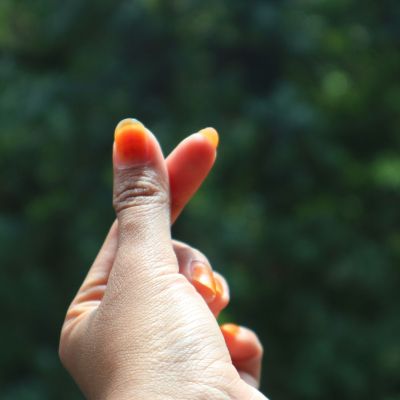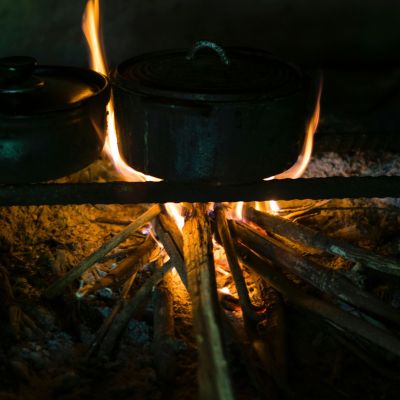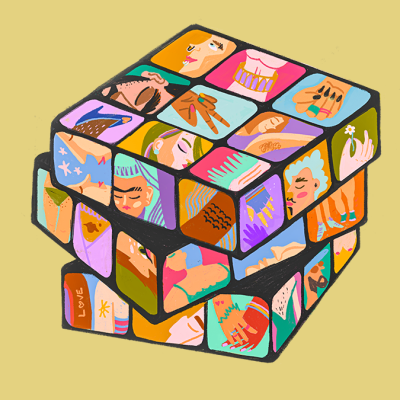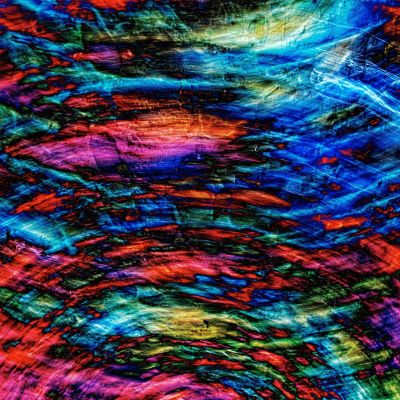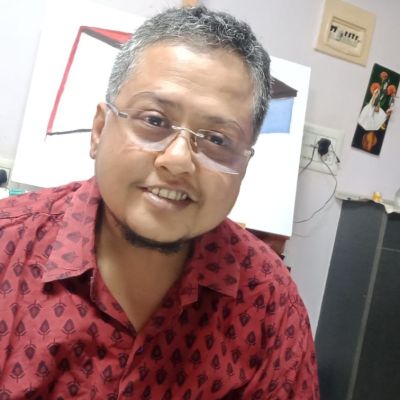Desire
Language is one of the most intimate things we share with one another, more than bodies, more than time.
To be politically queer in a new language is an intoxication of all senses, revelation, outrageous freedom.
… practicing a life rooted in love and a shared sense of oneness with the living world.
क्या आपने अपनी माँ के साथ ऐसी बातें की हैं, उनके प्यार, चाहत, इच्छा के बारे में कभी बात हुई है? कैसा था आपका अनुभव? मुझे लगता है कि परंपरा, संस्कृति, इज़्ज़त ने मेरे अंदर एक डर बैठा दिया है और मैं अपनी इच्छा के बारे में बात करने के लिए शब्द और जगह दोनों ही ढूंढती रहती हूँ।
कानूनी नियमों और हिंदी भाषा के व्याकरणिक नियमों में एक ऐसी समानता है जो द्विलिंगी ढांचों अर्थात जेंडर बाइनरी में न आने वाले लोगों को बहिष्कृत करती है। कानून की नींव परिभाषाओं पर आधारित होती है।
हम भाषा पर निर्भर करते हैं। “हाँ” का मतलब इजाज़त देना, और “ना” का मतलब मुकरना। आसान और सरल शब्दों में हमें बताया जाए तो सहमति का मतलब इन्हीं दो अल्फ़ाज़ों से आता है। आसान है, है न?
The aim of this piece is to bring to light the inherent queerness marking Baul folk music in Bengali, an oral undocumented spiritual expression that transcends heterosexual impositions and classism.
Because we also understand and acknowledge the power of a single step forward, we decided to deep dive into working with sign languages for people who are deaf or hard of hearing and including them in the safe abortion rights dialogues.
Language itself is being plugged as a resource, to be shared with those who share similar politics, or if not, at least to move them along in that direction. And people who speak, think, love and live differently are targeted as “the other”.
These are their words, their vision,
a blade that left a cut in my veins
Words weren’t always needed – we were content in each other’s quiet company, letting stillness speak. It took me years to realise that their home was my first classroom, and love was the language we spoke.
It’s time to scrape off the thick dark crusts of carelessly slapped-on murky hues of toxic masculinities and to bring out the brushes and the paints to paint masculinities in their true and glorious colours of life, freedom and love.
Gender has perplexed me throughout life. I never quite understood femininity or masculinity much – I mostly lived in what other people thought I was. One thing I did know always is that I never, ever, want to be seen as a man. But can I still hold masculinity?
My assertion of my gender was not because of masculinity, it was because of the feminism which I practised – and that gave me this chance to come back to what I was. To assert what I was and to assert what I am.



